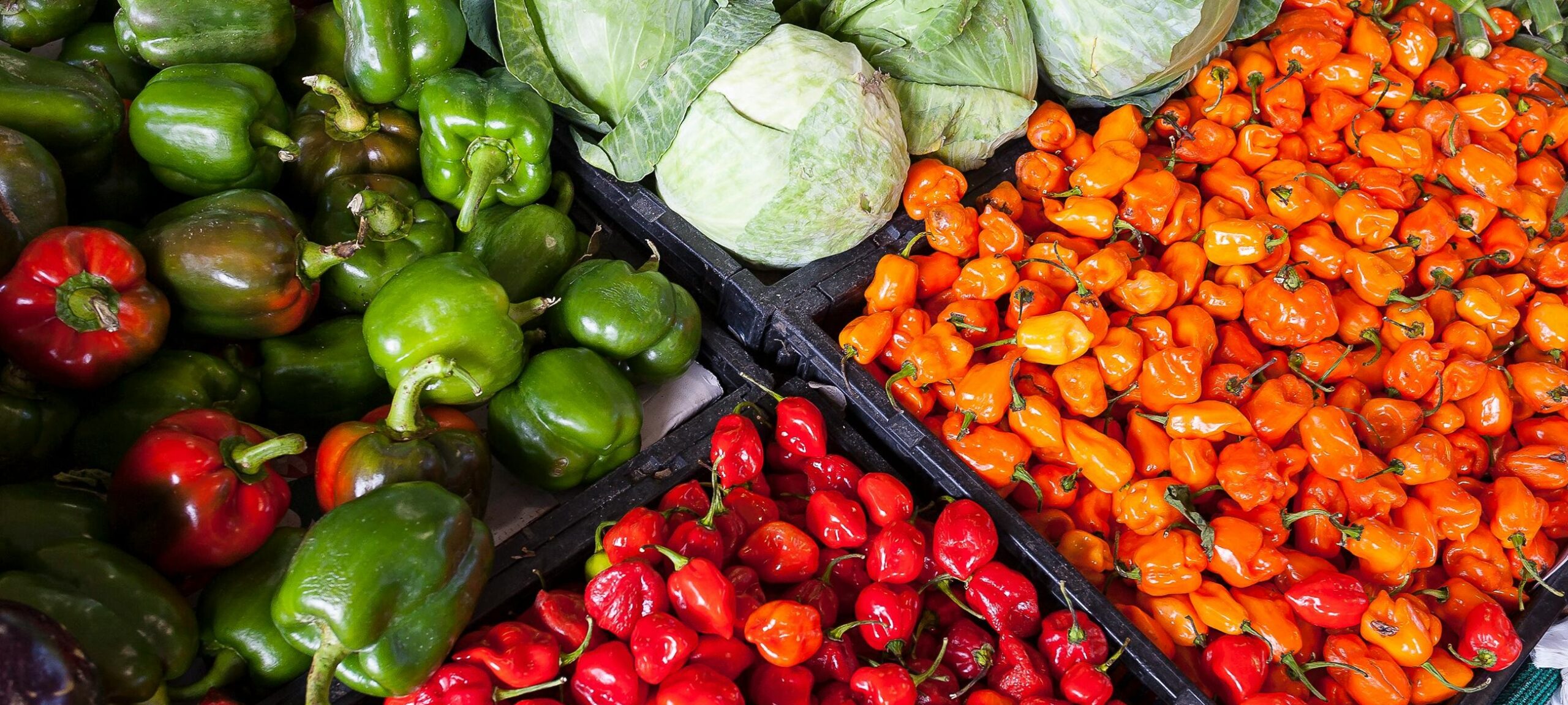With food inflation affecting millions, Nigeria has made significant strides towards food self-sufficiency. Recently, the Federal Government launched an ambitious plan to develop 750,000 hectares for maize, rice, wheat, and cassava. This initiative, rooted in the National Agricultural Growth Scheme, not only targets food production but aims to stabilize prices in Nigeria’s food systems. This large-scale project spans Nigeria’s diverse regions, optimizing agricultural resources and paving the way for year-round farming. Utilizing this much land has the potential to drastically increase the availability of staple foods, reducing the need for costly imports and supporting local food systems.
Seasonal Farming for Consistent Supply
One of the core strategies here is extending farming across both rainy and dry seasons through improved irrigation systems. We as a nation can ensure a steady flow of staple crops throughout the year, lessening the vulnerability to seasonal shortages and price spikes by encouraging off-season production.
To maximize output, the project integrates high-yield seed varieties and climate-smart farming practices. These innovations promise higher productivity, essential as the country faces environmental challenges like irregular rainfall and drought. High-yield seeds are expected to improve crop resilience, while sustainable farming practices will minimize environmental impact, ensuring long-term productivity.
Climate-Smart Solutions for a Changing Environment
Adaptation is vital for sustainable farming, especially given the climate pressures on Nigeria’s agriculture. The focus on climate-smart practices addresses this need by promoting water-efficient irrigation, soil fertility management, and pest control that minimizes chemical use. These approaches not only safeguard crops but also align with global environmental goals. With an emphasis on local production, the project aims to curb food inflation and support economic stability. By creating jobs in agriculture, processing, and distribution, the initiative boosts the rural economy and contributes to overall growth. Reducing dependency on food imports helps stabilize the naira, reduce the food import bill, and direct funds into local economies.
Empowering Farmers and Supporting Agribusiness
This initiative offers direct benefits to farmers by enhancing market access, reducing post-harvest losses, and providing access to agricultural extension services. Such support strengthens local agribusinesses, creating more competitive market conditions for Nigerian-grown produce.
The Nigerian government’s focus on developing sustainable agriculture is a promising path toward achieving self-sufficiency in essential food items. At Vantage Nigeria, we believe that initiatives like this are crucial for economic development and national resilience. As Nigeria continues to advance in agriculture, we are here to provide insight, support, and updates to ensure that these developments have a lasting, positive impact.




